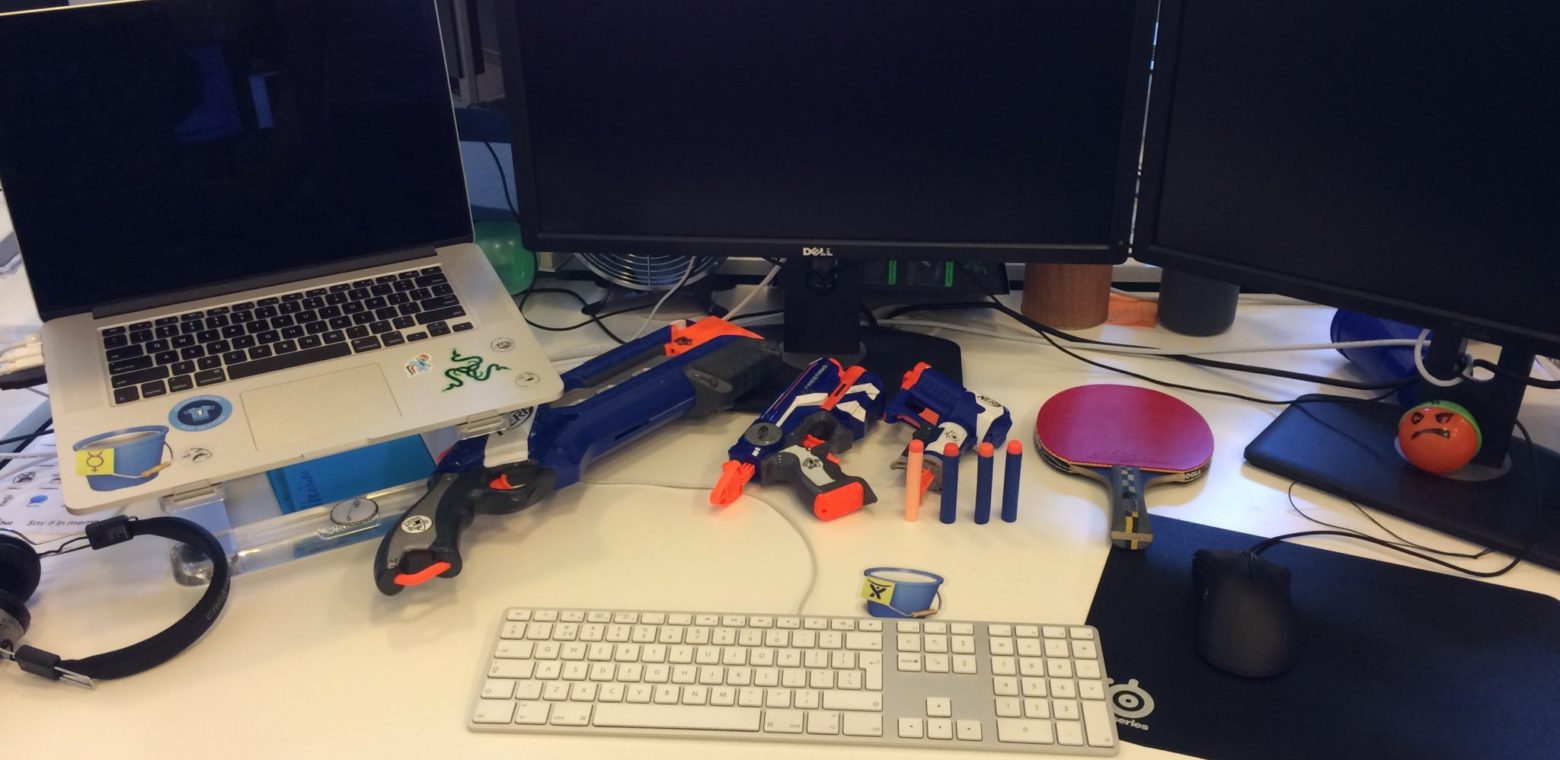If you’re an Atlassian customer and have ever needed to contact Atlassian Support for your queries/issues, then read on…
Have you wondered why your conversation seemed less effective while other customers are going ga-ga over Atlassian support?
Do you feel it takes a while for investigation on an issue to take flight?
Do you feel that you need to answer a number of questions every time before getting the answer for yours?
Before we get into the details of why you may feel this way, lets take a look at some fun facts…
“In an ideal world, things would just work and nobody would ever need to contact Support!” – Anonymous
If you’re an Atlassian customer and have ever needed to contact Atlassian Support for your queries/issues, then read on…
- Have you wondered why your conversation seemed less effective while other customers are going ga-ga over Atlassian support?
- Do you feel it takes a while for investigation on an issue to take flight?
- Do you feel that you need to answer a number of questions every time before getting the answer for yours?
Before we get into the details of why you may feel this way, let’s take a look at some fun facts:
- There is no “first line” or “second line” support in Atlassian. All engineers are the same, though we do have senior engineers.
- Atlassian actually started as a support
company – Mike and Scott (our founders) were providing support for J2EE products, and built Jira to simplify their lives. The mission statement back then was “Atlassian: Supporting your world.”
- Many of our offices do “pushup hour” when the whole support floor gets up at a fixed time and starts doing pushups.
- Don’t be surprised if you get shot by a nerf gun or witness a flying helicopter on the support floor, that’s just how we roll.
- Like every other department within Atlassian, support also works at continuously improving our day-to-day jobs. ShipIt and project rotations are perfect opportunities for us to do that.
With that in mind, based on our observations, here are some tips for improving the overall support experience:
- Support zip – If you’re using any Atlassian application installed on your server and you run into an issue, Atlassian support will almost always ask you to provide Support zip. It’s a one-stop-shop for us (support) to look into your server/instance and understand what your instance is busy with in the background. The importance of a support zip for the troubleshooting of any issue is something that I cannot stress enough.
- All possible details – There is no such thing as too much information! The more information you give, the better. Pro-tip: Having trouble describing the issue (for example, maybe English is not your native language or you don’t have time to type out a detailed description)? Send us a screencast! This can be done in just a few minutes and will usually give us a very clear picture of the issue immediately. Feel free to drop in any screenshots, configuration files, database dumps, or settings — anything that you can imagine might help us in understanding the issue better.
- Support Entitlement Number (SEN) – We need it! We absolutely need it! In fact, there’s constant back and forth about whether or not we should make SEN mandatory on issue creation forms, however, we don’t want to block customers who are in urgent need of help from reaching out to us. Therefore, it’s not mandatory on the form, but we do need it to understand the history of any instance better. Simply put, we cannot proceed much further without it.
- Phone calls/screenshare policy – From my experience working in support over the last couple of years, I can say that there are only a few situations where a phone call or a screenshare would actually help us get anywhere. Without the right information coming from logs, environment information, and basically all the details about the problem scenario, we would be blindly looking for clues even when we jump on a screenshare. And that’s just not efficient for any of us. If there is even the slightest possibility of gaining anything out of a phone call or a screenshare, your support engineer would ask you to schedule one. For more details on our policy, jump on to this page.
- Trust, trust, trust – Like Isaac Watts said, “Learning to trust is one of life’s most difficult tasks,” however, trust is also the basis for any successful partnership. Trust is extremely relevant in support, too. We’re in this together. It’s in the best interest of both parties to get every issue resolved as soon as possible and we make every effort to do so.
- Help us get better – No matter how proud I am of Atlassian support, the fact remains that there is still scope for improvement and we would love to make every effort possible to keep heading in the right direction. Our customers (you!) are the best people to steer us to our goal. I hereby request that you fill out those surveys and let us know how we’re doing! We promise that we’ll listen to you and that we’ll get better with time.
- When in a rush, Google your way to the solution! – A large part of the work we do within Atlassian Support goes into making the solutions for every problem available publicly in our documentation, bug tracker, or forum. So, while you’re waiting for an Atlassian Support engineer to figure out the solution, feel free to give your favorite search engine a chance and watch the magic happen! You might be surprised by how fast you can solve the problems yourself.
In the end, I’d like to admit that I, like you, wish it was an ideal world. However, until we get there, hang in there…
